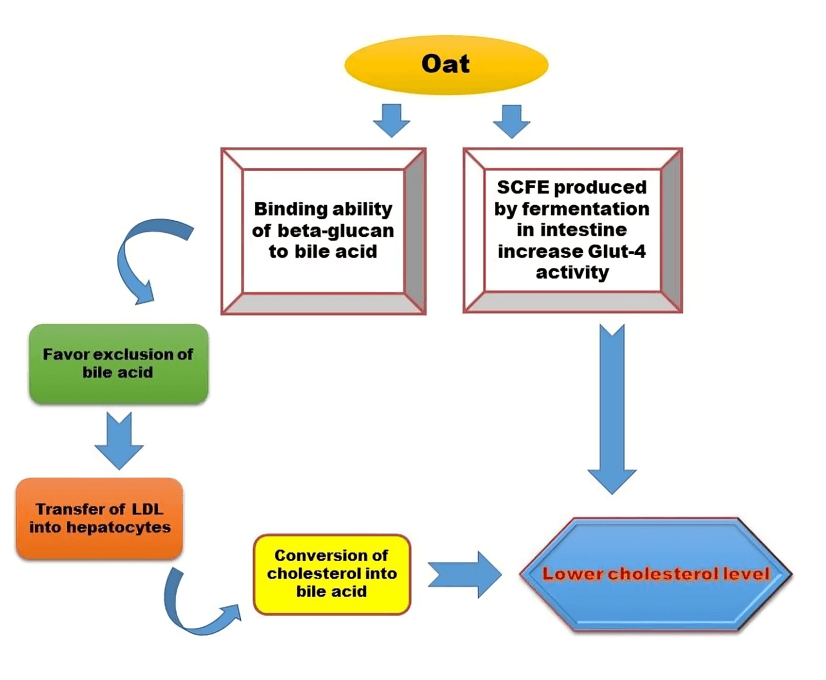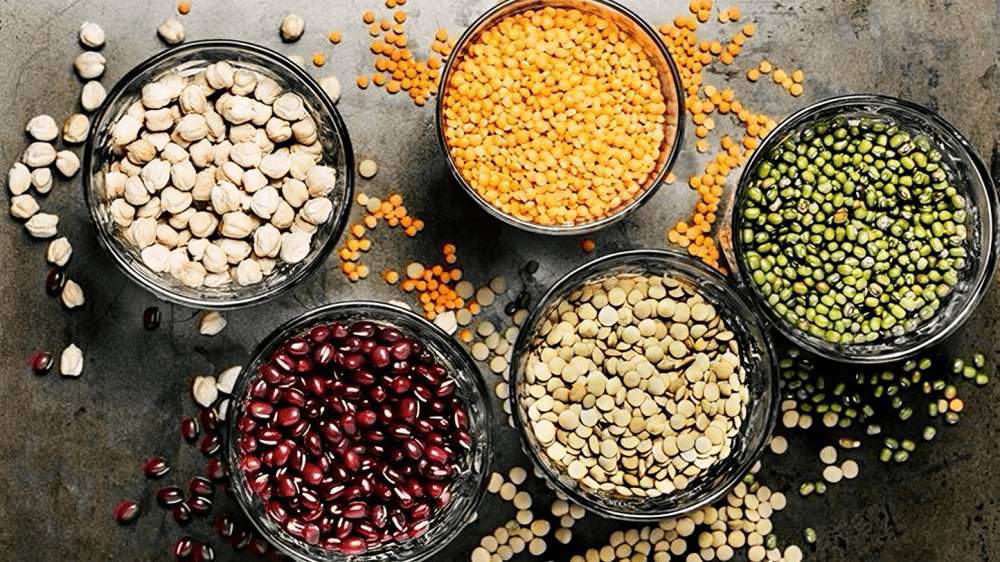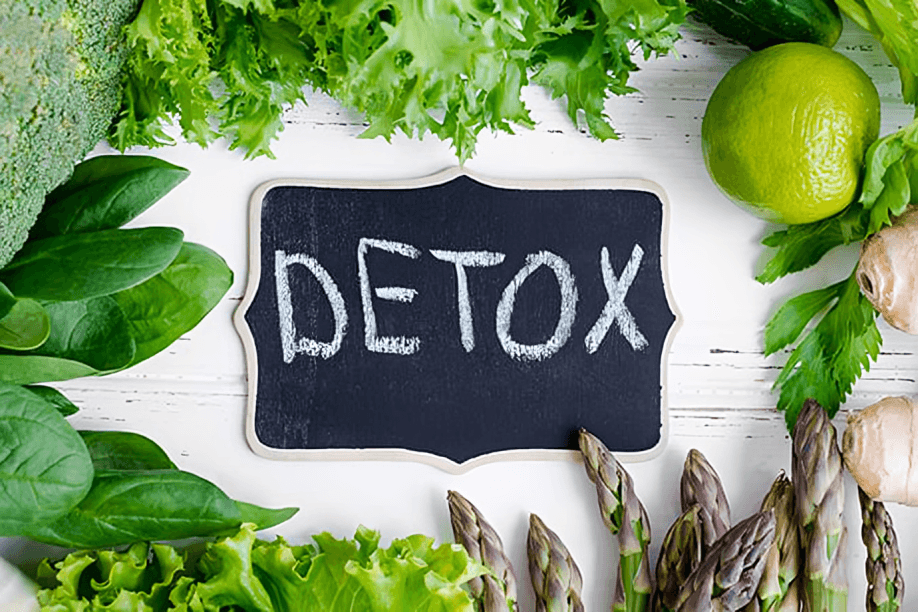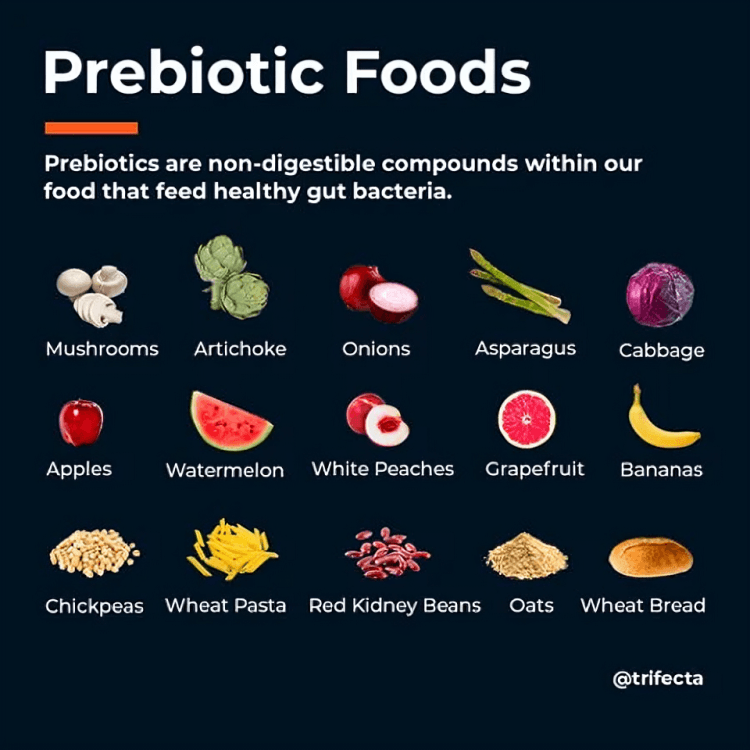
“
The importance of fiber in your diet goes far beyond keeping you regular—it's a key player in maintaining your inner balance and powering your daily life. Whether you're looking to enhance energy, support heart health, or simply feel more in sync with yourself, embracing the importance of fiber in your diet can be a powerful and practical shift. It’s not just a recommendation—it’s a lifestyle upgrade. 1
1
”
Dietary fiber improves digestion by softening and increasing the bulk of stool, helping it move more smoothly through the intestines, which lowers the risk of constipation and irregular bowel movements. 1
Consuming fiber-rich foods fosters the growth of beneficial gut bacteria, which play a role in producing vitamins and enhancing immunity, giving your digestive system a more stable and healthier internal environment. 2
Fiber slows down how quickly sugar is absorbed into your bloodstream, which helps maintain steady energy levels and reduces the risk of insulin resistance, a major contributor to type 2 diabetes.3

Soluble fiber binds with bile acids in the digestive tract, helping to remove excess cholesterol from the body and reduce levels of LDL, or "bad" cholesterol, which supports heart and arterial health.
By slowing down the digestive process, fiber supports the absorption of nutrients, giving your body more time to take in essential vitamins, minerals, and antioxidants from the food you consume. 4
Fiber increases stool weight and speed of movement through the colon, which reduces the time harmful substances spend in the gut and may help lower the risk of developing colon cancer over time.5
Whole grains and vegetables, which are high in insoluble fiber, stimulate the walls of your intestines, keeping them strong and active, which improves muscle tone in the gastrointestinal tract.6
Foods high in fiber often require more chewing, which stimulates saliva and gastric juices, helping you digest food better and reducing acid buildup and other gastrointestinal discomforts like bloating or reflux. 7

A fiber-rich diet can prevent diverticulitis, a painful intestinal condition, by keeping the colon clean and reducing pressure in the bowel, which may help avoid flare-ups and inflammation in the digestive lining.
A higher-fiber diet helps maintain healthy estrogen levels in the body by aiding in the excretion of excess hormones, which can be particularly helpful for hormonal balance and possibly reducing the risk of hormone-related cancers.8
Because high-fiber foods usually take longer to eat and digest, they slow down your eating pace and digestion rate, giving your brain more time to register fullness and reduce unnecessary caloric intake. 9

Fiber may aid in cleansing your body of toxins by binding to harmful substances in the digestive tract and helping to escort them out of the body naturally through waste elimination.
Including fiber in your meals helps maintain the natural rhythm of your digestive system, promoting daily regularity and reducing the chance of uncomfortable conditions like bloating, gas, or sluggish digestion.10
In people with irritable bowel syndrome (IBS), fiber—particularly soluble fiber—can help ease symptoms like abdominal pain and inconsistent bowel patterns, making daily life more manageable. 11
Studies suggest that fiber may help reduce inflammation throughout the body by supporting gut health, which plays a key role in regulating the body’s inflammatory response.12
People who eat high-fiber diets tend to have lower rates of cardiovascular disease, thanks to fiber's ability to reduce blood pressure, improve blood lipid profiles, and reduce arterial plaque buildup over time.13

Certain types of fiber act as prebiotics, which serve as food for the good bacteria in your gut. A flourishing gut microbiome has been linked to better brain function and emotional well-being.
A diet rich in fiber can aid in detoxifying the liver indirectly by maintaining regular bowel movements, allowing the liver to focus on processing toxins rather than dealing with sluggish digestion.14
Women who consume a high-fiber diet have been found to experience fewer issues related to PMS and menopause, possibly due to fiber’s ability to balance hormones and regulate estrogen excretion through waste. 15
Populations eating fiber-rich diets from legumes, grains, fruits, and vegetables often live longer and face fewer chronic diseases, showing fiber's vital role in long-term health. 16


